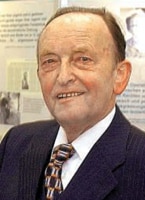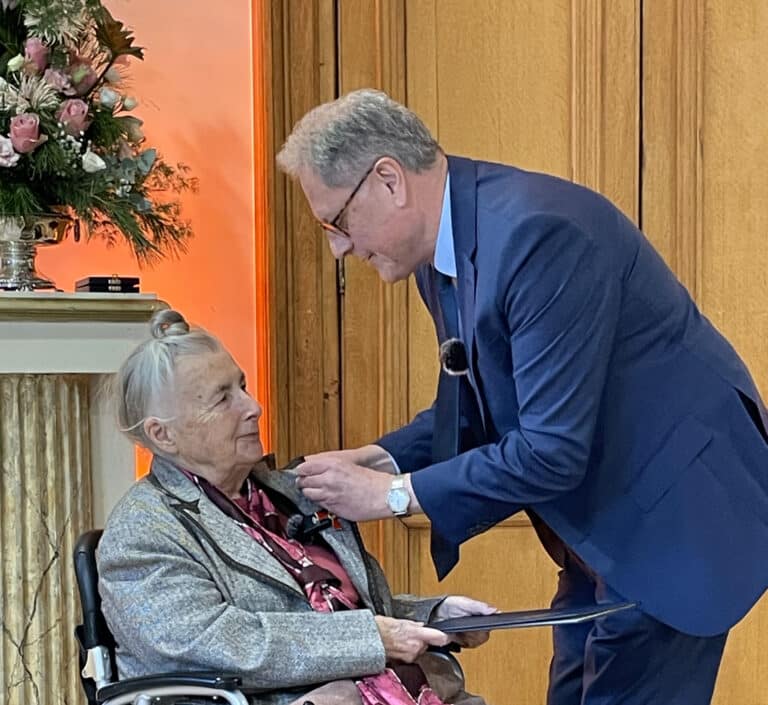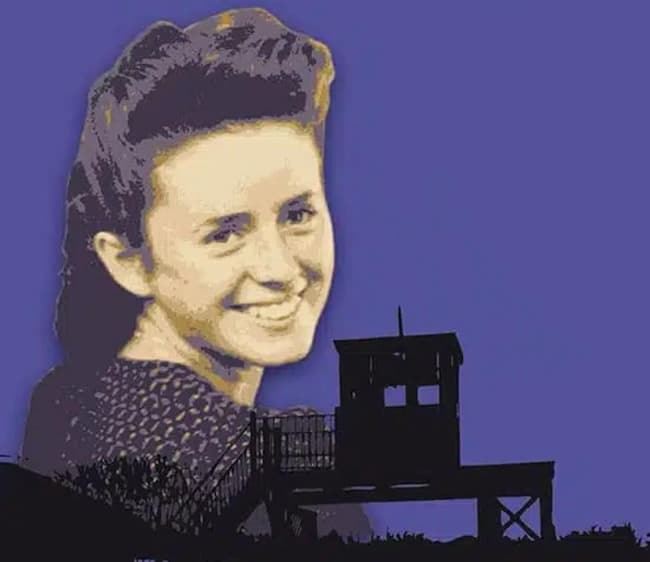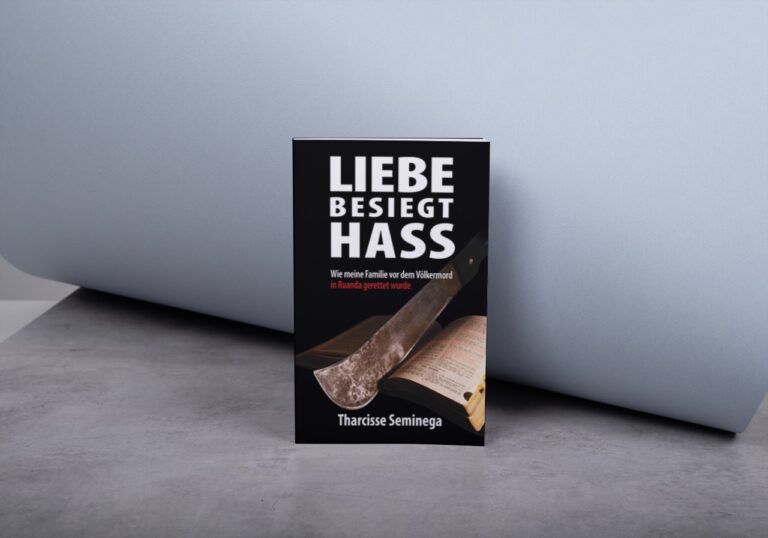
Born on April 22, 1928, in Lützen (near Leipzig), Lothar Hörnig endured persecution under two successive German dictatorships : the Nazis and the Communists.
His parents were “Bibelforscher” (Jehovah’s Witnesses) and worked hard in their small family-run bakery to provide for their six children. Immediately after Hitler’s rise to power in 1933, trouble started. Because of their refusal to give the Nazi salute, the whole family was banned from the outdoor swimming pool and the local park. Next, their bakery was boycotted. Nazi officials arrested Otto, the father, in 1936. After being detained at Lützen and Halle prisons, he was eventually sent to the camp of Lichtenburg. On January 22, 1937, he was transferred to Buchenwald concentration camp as prisoner number 780. He remained there until Allied troops liberated the camp in 1945.
On August 11, 1944, a close family friend, Otto Guse, was beheaded at the fortress “Roter Ochse” because he refused to serve in the army. Toward the end of that same year, Lothar and his younger brother were able to meet with their father in an annex of the Buchenwald camp. Although brief, that meeting reinforced Lothar’s resolve never to compromise with the Nazis. As a result, when he received the order to report to the army in December 1944, this 16 year old bravely presented himself at the Gestapo office in Halle to state his refusal to serve in the army for religious reasons. He explained that he based his decision on his will to obey this Godly command: “You shall not kill.” Being too young to be judged in a military court, he was taken via Leipzig, Dresden, Prague and Brünn to the Hungarian border. The advancing Allied troops then forced the Wehrmacht to retreat and Lothar suddenly gained his release.
He came back to Lützen where he was reunited with his father, who had been liberated from Buchenwald. Far from being shaken in their faith, they both continued on as Jehovah’s Witnesses. In 1948, Lothar went to work at the branch office of Jehovah’s Witnesses that oversaw their religious activities in East Germany, located in Magdeburg. In 1950, he started serving as a travelling minister. This meant long trips from Halle into the heart of the Thuringia region.
On August 30, 1950, the Stasi arrested Lothar during a nationwide raid throughout the GDR aimed at Jehovah’s Witnesses. On October 3rd and 4th, the government organized a public show trial during which the court sentenced Lothar to 15 years in prison under specious accusations of “espionage, sabotage and incitement to boycott.”
He served 9 years of this sentence in horrific conditions, most often in solitary confinement, first in Brandenburg prison, then in Leipzig and Dresden. He said: “My faith and regular spiritual exercises were the only things which kept me from going insane.” His fiancée patiently waited for him all those years and they finally got married after his liberation. They had a daughter and lived in Erlangen.
After the fall of the Berlin Wall, his conviction under the Nazis was removed, and he was no longer considered a criminal. Yet, in 1995, he found himself in court once again; but this time it was to testify against one of the judges who had presided over his trial in 1950. Would that confrontation awaken deeply held feelings of hatred inside of him? He stated, “No. Hatred? I don’t know what that is. When I testified in Berlin about my conditions of imprisonment, the former judge started sobbing and cried out: ‘I didn’t know. I didn’t want that to happen. Please, forgive me’. I walked across the courtroom, extended my hand to him and told him I forgave him.”
Lothar Hörnig told his life story on February 20th, 2003 during a ceremony at the “Roter Ochse” Memorial. He died on January 3rd, 2008 at Erlangen.


